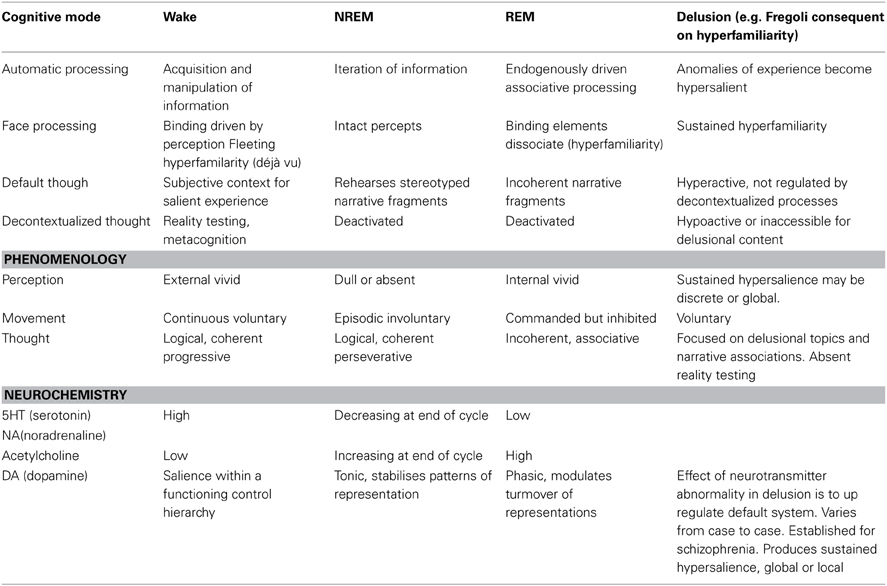

There is, in short, no actual evidence for any of these hyper-skeptical scenarios. They are conceivably true! But so what? Believing in them doesn't help us understand any features of our universe, and puts us in a position where we have no right to rely on anything that we did think is true. We can never rule out such scenarios on the basis of experimental science. The other aspect is, "How do we know we're not being completely fooled?" In other words, forgetting about whether there is a deeper level of reality, how do we know whether the world we see represents reality at all? How do we know, for example, that our memories of the past are accurate? Maybe we are just brains living in vats, or maybe the whole universe was created last Thursday. Just because there is an underlying reality doesn't disqualify the immediate reality from being "real." In that sense, it just doesn't matter whether the world is, for example, a hologram our evident world is still just as real. It doesn't mean that the world we see is an "illusion," any more than the air around us becomes an illusion when we first realize that it's made of atoms and molecules. The world we see emerges out of some underlying description that might look completely different. In quantum mechanics, for example, we describe the world using wave functions, not objects and forces and spacetime. The answer to that is that the world we see with our senses is certainly not the "fundamental" world, whatever that is. The first is, "How do we know that the stuff we see around us is the real stuff of which the universe is made?" That's the worry about the holographic principle, for example - maybe the three-dimensional space we seem to live in is actually a projection of some underlying two-dimensional reality. But that doesn't mean that we believe that we are.

We can never prove that we're not all hallucinating, or simply living in a computer simulation. How do we know this is real life? The short answer is: we don't. We do the best to condense all those signals into what we perceive to be the world around us (and within us), but who is to say that the auditory hallucinations that schizophrenics experience, or the amazing visual landscapes seen on psychedelics are not some kind of bleed through between different forms of reality? I don't think there is enough data to either confirm or deny whether what those people are experiencing is "real" or not. Ultimately, our experiences are an interpretation of a set of electrical signals in our brains. When it comes to psychosis, things like auditory hallucinations can seem very real. One could try and find a consensus state that most people would agree is "real" or a "hallucination" but from the recent literature using imaging techniques in people who are having a hallucinatory experience on psychedelics, it seems the brain is hyper-connected and perhaps just letting in more of the perceivable spectrum of reality. What is our metric for determining what is real? That is probably different for each person.


 0 kommentar(er)
0 kommentar(er)
